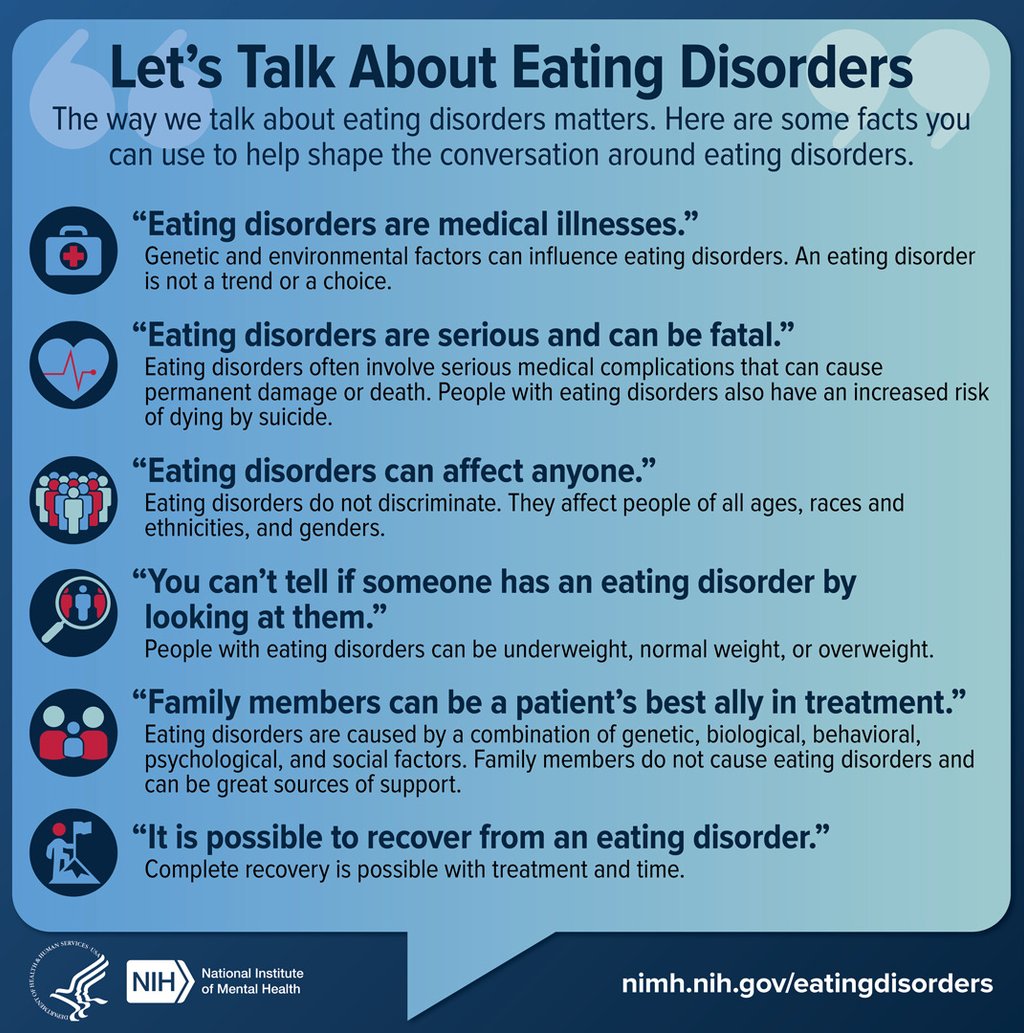
What We Do
Avoidant/Restrictive Food Intake Disorder (ARFID) Treatment
At the Joy of Life Clinic, we recognize the complex journey individuals with eating disorders navigate—a path marked by challenges in how they see themselves and their relationship with food. Our eating disorders evaluation and treatment services are designed to restore balance, health, and well-being, offering a compassionate, comprehensive approach to care that addresses both the physical and psychological facets of these conditions.
What is Avoidant/Restrictive Food Intake Disorder (ARFID)?
Avoidant/Restrictive Food Intake Disorder (ARFID), previously known as Selective Eating Disorder, is a condition characterized not by a concern for body shape or size but rather by a significant disturbance in eating habits. Individuals with ARFID show a disinterest in eating or food, avoid food with certain sensory characteristics, or are concerned about aversive consequences of eating, such as choking or vomiting.
Unlike typical fussy eating in childhood, ARFID persists and can occur at any stage of life, with severe implications for nutritional and psychological health.
The dangers of ARFID
The dangers of Avoidant/Restrictive Food Intake Disorder (ARFID) to one’s health and life are profound and multifaceted:
Nutritional Deficiencies:
ARFID can lead to significant nutritional deficiencies due to the limited variety of foods consumed. These deficiencies can affect physical development in children and overall health in adults, leading to issues like anemia, stunted growth, and bone health problems due to insufficient intake of necessary vitamins and minerals.
Physical Health Risks:
Weight Loss and Malnutrition: Restricted food intake can lead to underweight and malnutrition, both of which are serious medical conditions that can affect almost every organ system in the body.
Gastrointestinal Problems: Individuals with ARFID may experience gastrointestinal distress such as constipation or gastroparesis due to a lack of dietary fiber or the irregular intake of food.
Immune System Dysfunction: Poor nutrition can weaken the immune system, increasing susceptibility to infections and illness.
Psychological and Emotional Health Risks:
Social Isolation: Due to their eating habits, individuals with ARFID may avoid social situations involving food, which can lead to isolation and impact social development and relationships.
Anxiety and Depression: Anxiety around eating can extend to other areas of life, contributing to broader anxiety issues or depression. The social and emotional consequences of ARFID can also exacerbate these mental health conditions.
Co-occurring Disorders: ARFID can coexist with other psychological issues, including obsessive-compulsive disorder (OCD) and autism spectrum disorders, complicating the clinical picture and management of these patients.
Impact on Quality of Life:
The restrictive eating patterns can significantly impair quality of life, limiting personal and professional opportunities and overall life satisfaction. Family tensions may also arise when dealing with the complexities of the eating behaviors associated with ARFID.
Navigating the spectrum of eating disorders
A Holistic Understanding: Our services encompass a deep understanding of eating disorders, recognizing the unique ways they can manifest and impact an individual's life.
Personalized Care: We tailor our approach to meet the specific needs of each person, integrating medical, nutritional, and therapeutic strategies to foster recovery.
Recognizing the signs: Symptoms of Avoidant/Restrictive Food Intake Disorder (ARFID) and other eating disorders
Eating disorders can be complex to detect sometimes, especially in their early stages. Understanding these behaviors, which may look healthy at first, is the first step toward healing for oneself or one's loved ones:
Anorexia Nervosa: Characterized by restricted food intake, an intense fear of gaining weight, and a distorted body image.
Bulimia Nervosa: Involves episodes of binge eating followed by compensatory behaviors such as vomiting, excessive exercise, or misuse of laxatives.
Binge Eating Disorder: Marked by recurrent episodes of eating large quantities of food, often quickly and to the point of discomfort, followed by feelings of shame or guilt.
Avoidant/Restrictive Food Intake Disorder (ARFID): Not just picky eating, but an eating disorder where the range or amount of food is severely limited.
Food addiction: A compulsive and unhealthy dependence on consuming excessive amounts of food, soda, or sugary beverages, often driven by emotional needs or physiological cravings.
The path to healing: Our evaluation and treatment approach to eating disorders
Comprehensive Evaluation: We begin with a comprehensive assessment, considering medical history, eating habits, mental health, and emotional well-being.
Integrated Treatment Plans: Our multidisciplinary team crafts a personalized treatment plan that may include nutritional counseling, medical monitoring, psychotherapy, and support groups.
Continuous Support: Recovery from an eating disorder is a journey, and we provide ongoing education and support, adapting treatment plans as needed to ensure the best outcomes.
Treatment and management of ARFID
Treating ARFID often involves a multidisciplinary approach, including:
Medication, and
Family involvement.
We find cognitive-behavioral therapy (CBT) helpful in addressing the anxiety surrounding food intake and that exposure therapy can gradually desensitize the individual to feared foods. We emphasize that nutritional therapy is crucial to ensure a balanced intake of essential nutrients and to promote a healthier relationship with food.
Family-based therapy (FBT) is particularly useful for children and adolescents, as it engages family members in supporting the individual’s eating habits at home. Educational interventions that provide strategies and understanding for managing ARFID in everyday settings are also key components of effective treatment.
Overall, early identification and intervention are crucial for preventing or mitigating the health consequences of ARFID and for improving the prognosis of those affected by this challenging disorder.


Click here for NIH's message on eating disorders as serious medical illnesses and that the way we talk about them matters.
Click here to download the NIH infographics..
Knowing when to seek help
Disrupted Daily Life: If eating habits or thoughts about food and body image are interfering with daily life, work, or relationships, it’s time to seek help.
Physical Health Concerns: Noticeable changes in weight, dental issues, digestive problems, or irregular heart rhythms warrant immediate attention.
Emotional Distress: Feelings of guilt, shame, anxiety, or depression related to food or body image are significant signs that professional support is needed.
Our Aims and Objectives


Empowering Individuals: Our goal is to empower you with the knowledge, skills, and support needed to navigate the challenges of recovery.
Promoting Holistic Well-Being: We aim to enhance overall well-being, addressing both the physical and emotional aspects of eating disorders.
Supporting Long-Term Recovery: We are committed to supporting you through every step of recovery, helping to build resilience and prevent relapse.
Our SMART Goals Defined
Our goals are Specific (tailored to your needs), Measurable (with clear benchmarks for progress), Achievable (realistic and manageable), Relevant (aligned with your personal mental health goals), and Time-bound (with scheduled reviews to assess progress).
You didn’t come this far to stop.
Believe you can, and you're halfway there.
Theodore Roosevelt
The benefits of our eating disorders evaluation and treatment program
Expert Care: Our specialized team is experienced in treating eating disorders, offering expert care tailored to your unique needs.
Compassionate Environment: We provide a supportive, non-judgmental space to explore the underlying issues contributing to the eating disorder.
Evidence-Based Treatments: Utilizing the latest research and best practices, we offer treatments proven to support recovery and improve quality of life.

Eating Disorders We Treat
Here's our message of hope and healing
If you or a loved one is struggling with an eating disorder, know that recovery is possible, and help is here. Our clinic is dedicated to providing compassionate, expert care tailored to your unique journey. With our comprehensive evaluation and treatment services, we’re here to support you every step of the way, from initial assessment through to recovery and beyond. Together, we can restore balance, health, and happiness.
Reach out to us today and take the first step on your path to recovery.

Psychiatric evaluation and management
Other psychiatric and mental health reports.
Substance Abuse
We also provide these administrative services
Here're addiction problems we treat
Other nutrition and weight management services.
And we provide nutrition and weight management services to make your well-being even more complete
Don't let life's challenges define you—or your loved one—we are here to help you overcome and thrive!
Here're psychosocial and psychosomatic issues we treat
We operate under the laws and regulations of the State of Maryland as a Maryland outpatient clinic.

Home | About Us | Our Services | Blog | Terms & Conditions | Privacy | Telehealth | Forms & Resources | Appointments | Log In | Site Map | Contact Us
BY APPOINTMENT ONLY | NO WALK-IN
BEST WAY TO CONTACT US
Sign In to your account or Fill out the Contact Form or Appointment Form
or
Send us an Email at admin@jolclinic.com
Tel: (410) 231-3118 | Fax: (410) 262-6911
PATIENT RECORDS
To request your patient records, please sign in or go to the patient records information page.
Copyright © 2024 by the Joy of Life Clinic LLC.
4900 Belair Road
Baltimore MD 21206










